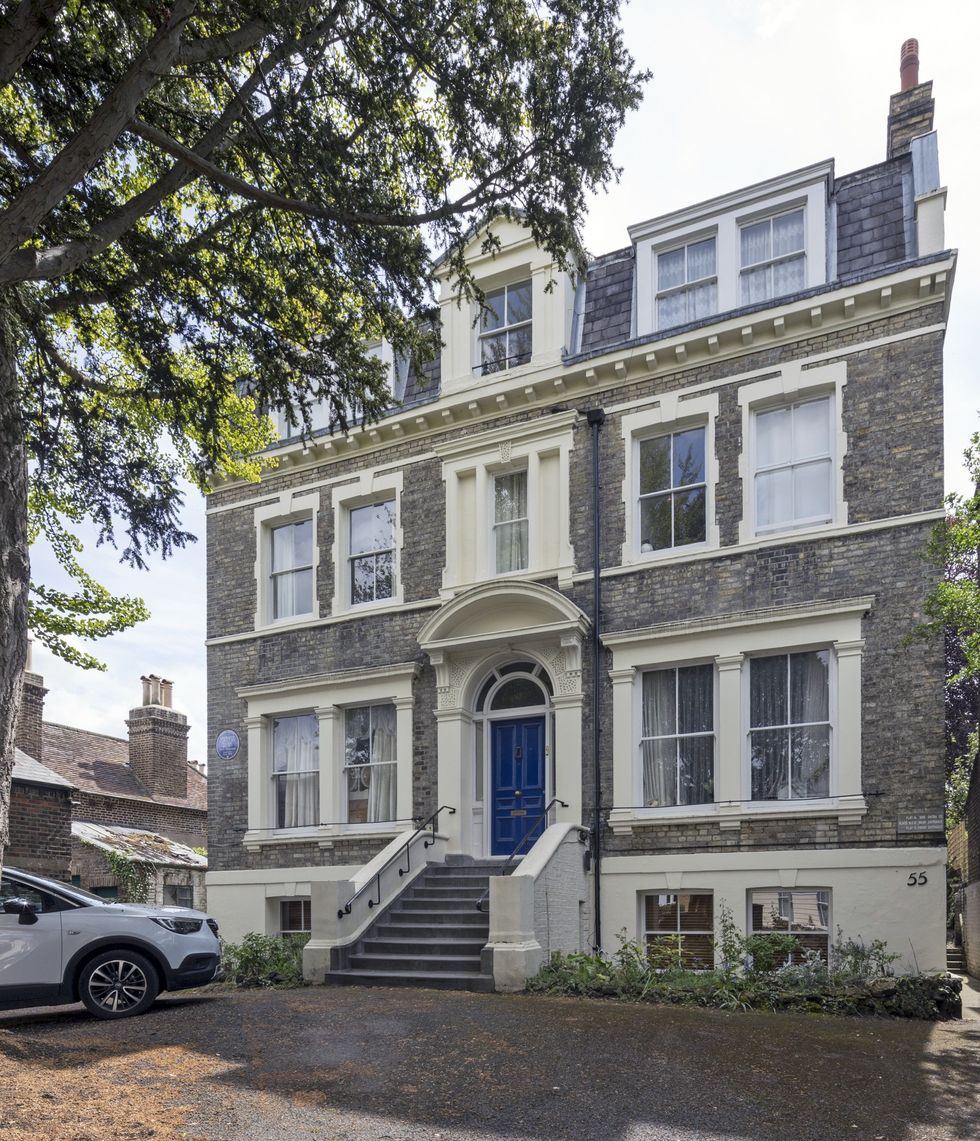ENGLISH Heritage London blue plaque has awarded Ardaseer Cursetjee Wadia, the ground-breaking 19th century civil engineer and shipbuilder.
The plaque marks 55 Sheen Road in Richmond, the impressive villa that Cursetjee and his British family moved to upon his retirement in 1868.
Born in 1808 into a renowned Parsi family of master shipbuilders, Cursetjee is known as the first modern engineer of India. Working for the East India Company, he devoted himself to the study, construction and application of steam to maritime use, which was at the very forefront of transport technology at the time.
His enthusiasm and skill led to patronage by the British, who lauded his pioneering contributions to civil and naval engineering, and welcomed him during his travels to England. He was the first Indian to be placed in charge of Europeans at the East India Company, and the first South Asian to be elected to the Royal Society, Britain’s oldest national scientific institution.
Rebecca Preston, English Heritage blue plaques historian, commented: “A pioneering civil and naval engineer from the renowned Wadia family of Bombay shipbuilders, Ardaseer Cursetjee was committed to the advancement of steam-powered navigation and to the progress of science in his country.”
Preston said, “He was at the forefront of introducing new inventions to Bombay (now Mumbai), including gaslight, photography, electro-plating and the sewing machine. He first visited London in 1839 and soon after was elected as a Fellow of the Royal Society – the first south Asian to receive that distinction. We are delighted to honour him with a blue plaque, at the Richmond home where he settled in later life.”

Cursetjee was determined to travel to England in order to pursue his studies and perfect the art of marine engineering, and first arrived in London in 1839. He initially spent a year in the city, working with John and Samuel Seaward who were early advocates of auxiliary steam power on ships.
In this time, he was elected an associate of the Institution of Civil Engineers, gave evidence on the ‘opium question’ in the House of Commons, and was presented to Queen Victoria. Thereafter, Ardaseer travelled regularly between Bombay and London.
In 1868, he returned to England permanently, spending the last 10 years of his life with his British family at 55 Sheen Road in Richmond, which will bear his blue plaque. He sadly died suddenly at home on 16 November 1877, aged 69.
Cursetjee’s great great grandson, Blair Southerden said: “I am delighted that in this year, which is the 180th anniversary of him being elected a Fellow of the Royal Society, English Heritage has installed a blue plaque on my great great grandfather’s home. Ardaseer Cursetjee Wadia was an innovator. He was the first to install gas lighting in a house in India, built early steam-powered ships while still in his twenties and was a founder member of the Photographic Society of Bombay.”
“In his retirement he worked with other Parsis in this country to develop what has become the Zoroastrian Trust Fund Europe, of which he was the first senior trustee. As a fellow engineer I look up to him as an inspiring engineer of his era and I am delighted that English Heritage has honoured him with this plaque,” said Southerden.



















